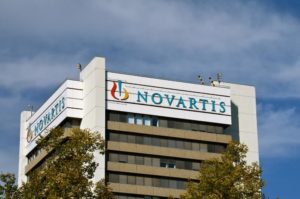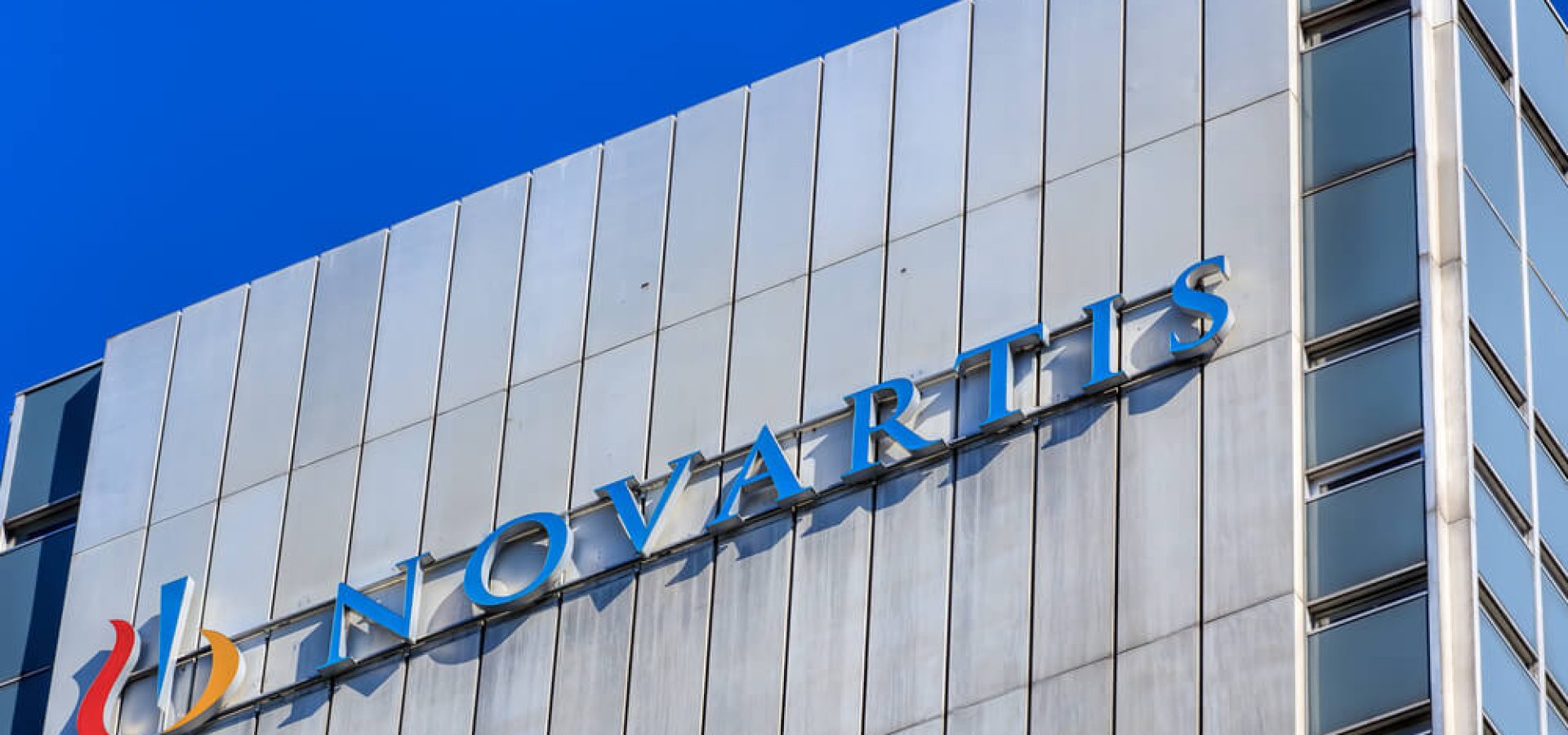Novartis AG prescription drug prices have been “flat to negative” over the last three years because of high costs for US patients on middlemen tasked to manage drug benefits, according to the company’s chief executive Vas Narasimhan.
During an interview, the 42-year-old US doctor who has led the Swiss drugmaker since February 2018 expressed his support to the US government’s proposal to end a system of rebates that drugmakers pay to pharmacy benefit managers (PBMs) and health insurers to get products on their lists of covered medicines.
“We (Novartis) pay almost 50 percent of our gross revenues in the United States into rebates,” said Narasimhan. “If you return those rebates to patients, so patients pay less out of pocket, I think that is something that makes a lot of sense and will correct a distortion in the marketplace.”
During his State of the Union speech earlier this week, US President Donald Trump complained again that Americans pay more for drugs that other countries’ people. Narasimhan countered that this was only partially true.
“There are situations where prices in the US are certainly higher than the prices in Europe, but there are many situations, as well, where they are very comparable,” he said. “It’s difficult to make blanket statements, like this is always happening.”
There have been researches that showed that the US prices for the top 20 selling medicines were there three times higher than the prices in Britain.
Narasimhan has addressed the industry and company reputational challenges that rooted from outrage over higher prices, kickback scandals, and last year’s revelation that the company paid Michael Cohen $1.2 million. Cohen was Trump’s former lawyer.
He said that drugmakers sometimes boosted prices excessively or fell short on providing access and now had work ahead to regain the standing that they use to have, as the industry brought scientific advances like vaccines.
“I would say, over the last 20 years, because of behaviors that the industry had – I would call them outlier events, (but) it’s hard to call them outlier events, when there’s enough of the outlier events – damaged the industry’s reputation,” said Narasimhan. “At least at Novartis, I think of it as the great journey of my time as CEO to try to get back to a different place from a reputation standpoint.”

In January, US Health and Human Services Secretary Alex Azar announced a plan that would end rebates now paid to PBMs and others. The idea is to pass along the savings to consumers covered by US government health plans. During his State of the Union Address last Tuesday, Trump again called for lower prescription drug prices.
PBMs, which administer drug benefits for employers and health plans, argue that they are passing sufficient savings to patients and contend that rebates help keep down insurance premiums.
Narasimhan, resonating with the arguments of many drugmakers, said that the existing system obscures the true price of drugs and leaves patients on the hook, in the form of higher co-pays or co-insurance payments.









COMMENTS